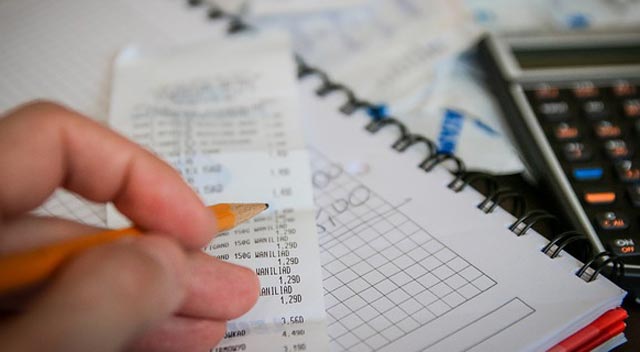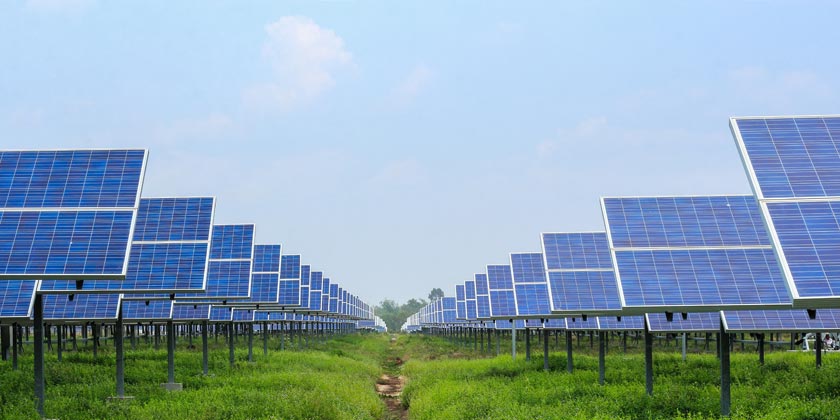Neil Gallant, MD of Neutronic Technologies Ltd, discusses the five best ways to improve energy efficiency in the dental practice
Energy efficiency is at the forefront of everyone’s mind right now. Rising gas and electricity bills, coupled with the UK’s rather ambitious targets to cut greenhouse gas emissions by 80% by 2050 (based on levels in 1990), are forcing people to think more and more about how they use ? and more often than not how they waste ? energy.
According to The Carbon Trust, the UK’s healthcare sector spends over £400 million on energy per year. While the largest hospitals will surely be the biggest consumers of energy, other professions like dentistry, even in the smallest practices, can use more than they think.
Many dental practices will be wondering how they can possibly reduce their energy consumption, given the amount of high-tech kit that is in constant use. But, just like other businesses and other industries, there are plenty of ways that those working in the dental profession can do their bit to cut their carbon footprint and reduce costs in the meantime.
The following are our top five tips on how the dental sector can boost its energy efficiency from the inside out.
1) Go digital
Digital dental x-rays have transformed the way that dentistry works. It has made dental treatment safer and more convenient for patients, and it has also made the industry more environmentally-friendly. By converting to digital x-rays, many practices have taken the first important step towards being greener and more high-tech. Conventional x-rays, amongst other issues, also carry the risks associated with disposing of toxic materials and lead foils. Going digital helps to tackle energy efficiency on two levels: not only does it cut down on costs, it also reduces the amount of non-recyclable materials produced.
2) Watching your water
Given that the act of brushing teeth alone uses a great deal of water, and that dentists must keep their hands clean at all times, dental surgeries are responsible for using a lot of water every day. One of the biggest culprits for this is the simple act of dentists leaving taps running while a patient’s teeth are cleaned and when staff are washing their hands. By becoming stricter with water usage and only using it when needed, dental practices will find that they can save a huge amount of water over a relatively short period of time. This will reduce monthly water bills and have a positive effect on the environment.

3) Step up your waste management
For any medical or healthcare organisation, waste management is a big issue. There are numerous ways that dental practices across the UK can cut down on waste and reduce their carbon footprint at the same time.
The first step is to ensure that your waste is being managed properly. Having separate bins for your general waste and clinical waste is key as it ensures that all refuse is dealt with in the most efficient and cost-effective way possible. Also, speak to the company that collects your waste, both medical and general, and question how it is disposed of. Nowadays, many companies will operate an “energy from waste” policy where waste streams are recycled or the waste is disposed of in a way that turns energy into heat or electricity.
The biggest waste problem in the dental problem, or at least the one that has the largest environmental impact and potential for harm, is amalgam. The majority of amalgam is recycled and returned to manufacturers in order to be used again. However, not all amalgam that is used in dental practices undergoes this process and steps must be taken to ensure that it does not enter the water supply. As part of a practice’s efforts to become more energy-efficient, fitting an amalgam separator to dental chairs and filters under sinks can ensure that every trace of mercury is collected and disposed of properly.
4) Make simple changes
Even some of the simplest changes in a dental practice can actually save tremendous amounts of energy. The dental industry is renowned for using large amounts of electricity, from hand-tools to light bulbs. One of the easiest switches to make in order to save energy is to swap any halogen bulbs you may be using for LED light bulbs, as these can use up to 75% less energy than incandescent ones. They also last much longer, meaning you don’t have to spend as much money on replacements in the future.
More and more dentists are now exploring the use of waterless vacuum systems, a practice that first emerged in the United States. According to the International Academy of Biological Dentistry and Medicine, waterless vacuum systems can save approximately 300 to 500 gallons of water per day for each dentist. Not only will this help dental practices to cut down on their water bills, but it also drastically reduces the amount of water wasted and cuts down on the risk of contaminated water entering the main supply.
5) Make high-tech changes
It’s not just the suggestions made above that will help to drive energy-efficiency in dental practices. Dentistry has undergone some major technology-driven trends over the past few years, including air-driven hand pieces and the use of local anaesthetics to name but a few. And as technology develops faster and becomes more innovative, it is likely that we will see more energy-efficient methods and pieces of medical equipment that will not only improve efficiency, but it will also enhance the quality of care given.
The UK already had some extremely ambitious green targets in place, as we’ve mentioned above. But following the COP21 Climate Talks that recently took place in Paris, there were discussions of a new target for the 195 countries that attended, which would require net-zero greenhouse gas emissions by the year 2050. If the world is to achieve these goals, then it is up to everyone in every sector to do their bit to reduce their carbon footprint.

About the Author
Neil Gallant is the owner and Managing Director of Neutronic Technologies Ltd. Since he took ownership of the company seven years ago, he has helped it to grow into a national business. Neutronic specialises in providing maintenance and repair services to a broad range of companies. They also place particularly strong emphasis on supplying products that help organisations to green-proof their operations.
For more information visit http://www.neutronic.org





















